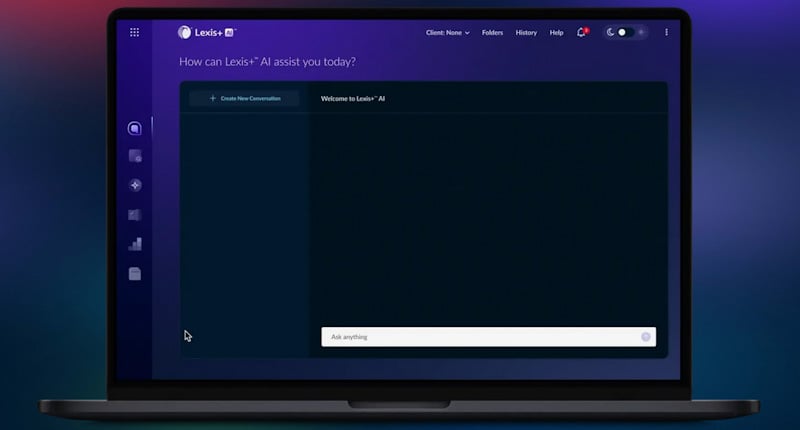Law Firms are Part of 'Labor Lottery,' Given Low Likelihood of Winning BigLaw Partnership
It might come as a shock, but a number of newly minted lawyers are little different than street-corner drug dealers and mailroom clerks in the entertainment industry.
That’s because, like low-level employees in many fields today that offer either big bucks to those who grab the brass ring or the possibility of job satisfaction, young attorneys are willing to work for minimal wages at difficult, rote tasks in exchange for the possibility of making hitting the employment lottery down the road, writes a columnist in the Am Law Daily.
Pondering a recent article on the topic in the New York Times Magazine (reg. req.), Steven Harper, ecently retired partner at Kirkland & Ellis and an adjunct professor at Northwestern University School of Law takes it a step further by crunching the numbers from an annual National Law Journal survey determining which top law schools send the most graduates to BigLaw firms.
In 2006, Harvard sent 338 graduates to associate positions in large law firms, illustrating just how many young lawyers are chasing an elusive goal. “Although that 15 percent rate isn’t as bad as the lottery’s odds, winnowing the number down to only those who will become equity partners comes pretty close,” Harper writes. He adds that a five-year window is too short to match promoted partners to incoming associates, but the numbers still illustrate the point. The percentages are even worse for graduates of other top schools, Harper says. Only 31 Columbia law grads made partner in 2011, while 313 became associates in 2006. Only 14 Northwestern law grads made partner in 2011, compared to 143 who became associates in 2006.
Those BigLaw jobs as starting associates do at least pay very well, with six-figure salaries at the opposite end of the spectrum from the low-paid and even unpaid jobs that others among the nation’s law graduates wind up with. Hence, “[a]s the job market for new attorneys languishes, most of last year’s 50,000 law school graduates would count those new associates as already having won a lottery,” Harper writes.
“But the real story is that they have actually acquired a ticket to one or two more lotteries,” as they wait to see whether they make partner and, if so, get an equity share in the firm.
Related coverage:
ABAJournal.com: “Top BigLaw Feeder Schools Named; Penn Is Ranked No. 1”
ABAJournal.com: “Law Prof’s Upcoming Book Chronicles Oversupply of New Lawyers, Proposes Flexible Legal Ed System”



